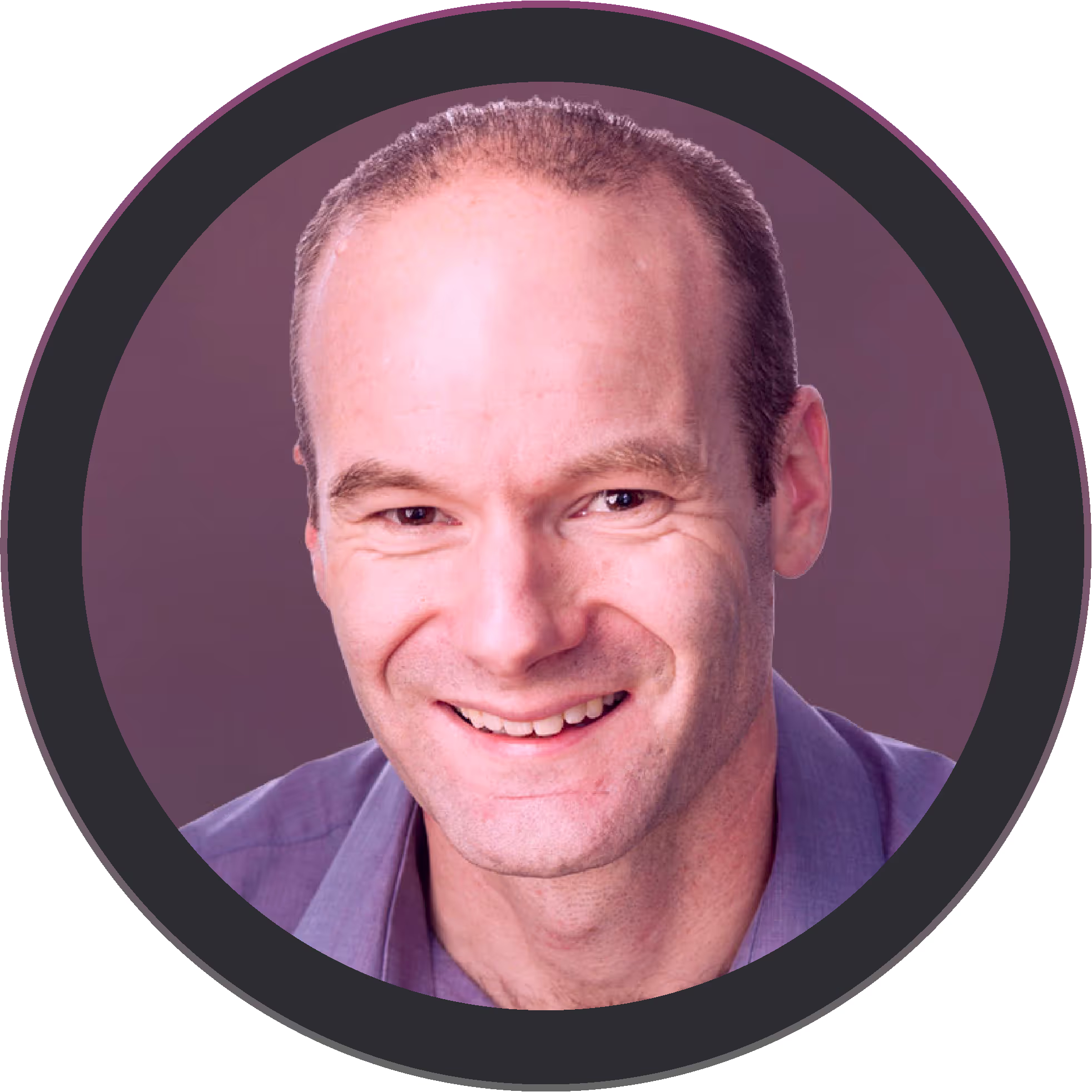Artificial intelligence is transforming how software gets made, not just for developers, but for everyone. I have explored what AI coding agents like GitHub Copilot, Claude Code, or Kiro are making possible, and what it might mean for the future of software engineering.
Traditionally, software was written line-by-line — a craft that required deep technical knowledge and a fair amount of patience. I’ve started calling this pride coding, when developers take ownership of each line, refining and refactoring as they go. But today, AI tools allow us to move further up the abstraction ladder.
At the other end of the scale is what Andrej Karpathy dubbed vibe coding, where the user “chats” with an AI agent, describing what they want in plain language. The AI handles the structure, syntax, and logic, with the human in the role of director or orchestrator.
Between those two extremes lies a new mode I’ve started calling guide coding. It still uses AI, but with more guardrails, prompting the model with clear specifications, coding standards, and integration instructions. You’re still shaping the system, but now you’re architecting, not just executing. Tools like AWS’s new Kiro are designed to support this kind of structured collaboration.
At RealityMine, we are using AI coding agents all along this scale, and learning what works best for each use case.
This shift isn’t just about productivity, although that’s a big part of it. It’s about rethinking what it means to create software. A few key implications:
Of course, there are challenges too:
In the near future, we may see:
And perhaps most exciting, we’ll see software born in more places than ever. Grassroots projects solving hyper-local problems. Back to the days of kids creating businesses from their bedrooms. And professionals like us focusing more on what we build, and less on how we type it out.
The future of software isn’t just faster. It’s wider, more inclusive, and more imaginative.

Graham Dean is Chief AI Officer at RealityMine, where he leads the responsible adoption of AI across products, processes, and teams. He joined as the company’s first engineer in 2012 and served as CTO for seven years before shifting focus to AI strategy, ethics, and governance.